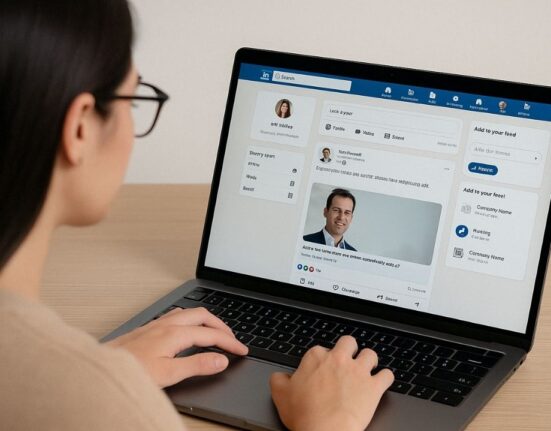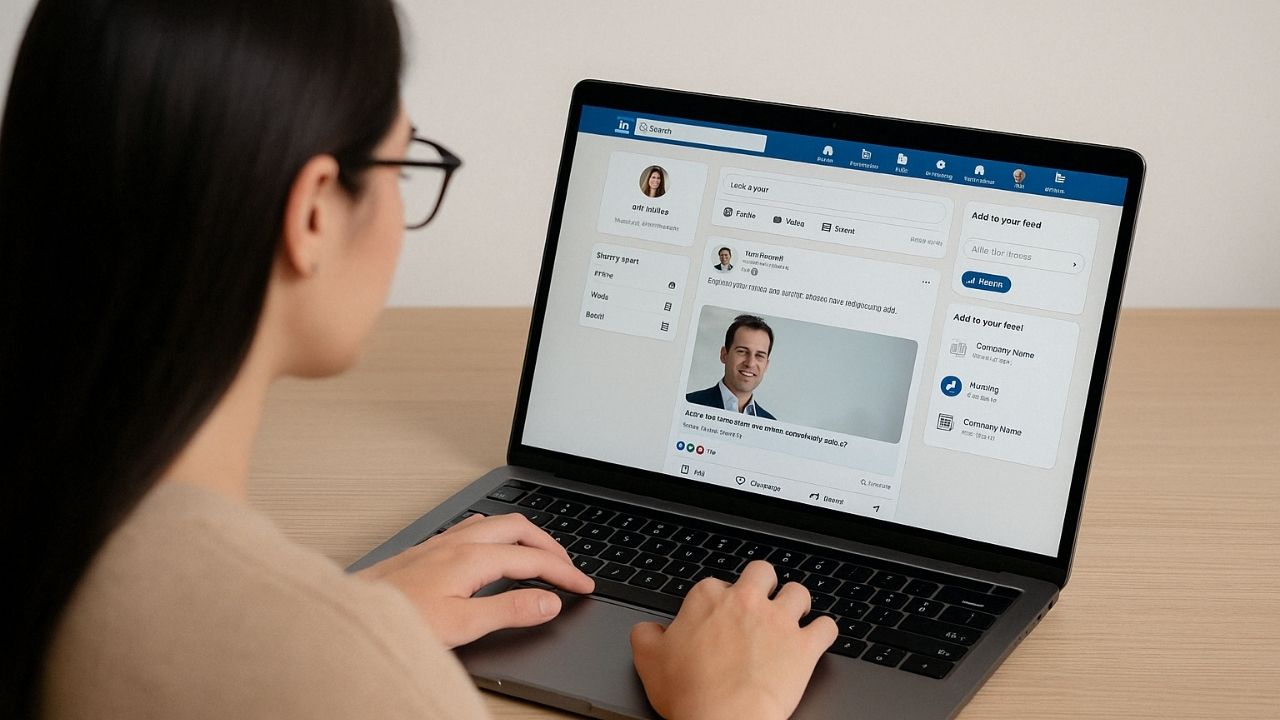
Yes, Ramon Ray is on the ChatGPT bandwagon. We’ve talked about the power of AI (artificial intelligence) for years. My best advice for business owners, is that large companies will integrated AI into your every day tools. Tools from Zoho, Salesforce, Intuit (Quickbooks) and more are already integrated AI into their services – for years. Now with ChatGPT AI has taken a new look.
If you didn’t know it, ChatGPT is a powerful tool that doesn’t just give you links to websites, as a regular Google search does. But it writes entire paragraphs of pretty good results compiled from various online sources.
So how can you use AI more in your business and particular ChatGPT?
Using AI In Your Business
Artificial Intelligence (AI) is rapidly changing the way businesses operate and has the potential to greatly benefit small businesses. However, many small business owners are intimidated by the idea of incorporating AI into their operations, thinking that it requires significant technical expertise and resources. The truth is, AI can be implemented in a number of ways that are straightforward and accessible to small businesses, and can help them achieve greater efficiency, improved decision-making, and increased competitiveness.
Here are a few ways that small businesses can use AI to their advantage:
Customer Service:
One of the most common ways small businesses can use AI is through chatbots. Chatbots can provide instant customer support 24/7, freeing up your time and resources to focus on other important tasks. Chatbots can handle a wide range of customer inquiries, from answering frequently asked questions to helping customers place an order. They can also be integrated with your website and social media channels, making it easy for customers to get in touch with you.
Sales and Marketing
AI can also help small businesses with their sales and marketing efforts. For example, AI-powered tools can be used to analyze customer data and predict future buying behavior. This information can then be used to personalize your marketing efforts and target your customers with more relevant messages. AI can also help with lead generation and scoring, by identifying the most promising leads based on their behavior and interactions with your business.
Data Analysis
AI can help small businesses make better use of the vast amounts of data they collect. For example, AI algorithms can be used to analyze customer data and identify patterns and trends that can help you make more informed business decisions. AI can also be used to automate data entry and analysis, freeing up time and resources for your team to focus on more strategic tasks.
Inventory Management
AI can also help with inventory management by predicting future demand and ensuring that you always have the right amount of stock on hand. AI algorithms can analyze sales data and customer behavior to predict what products will be in high demand in the future. This information can then be used to adjust your inventory levels accordingly, reducing the risk of overstocking or running out of stock.
Financial Management
AI can also help with financial management by automating tasks such as invoicing, expense tracking, and financial reporting. AI algorithms can analyze data to identify trends and patterns that can help you make more informed financial decisions. For example, AI can help you identify areas where you can reduce costs, improve cash flow, and increase profitability.
In conclusion, AI can be a powerful tool for small businesses, helping them achieve greater efficiency, improved decision-making, and increased competitiveness. By incorporating AI into their operations, small businesses can save time and resources and stay ahead of the competition. The key is to start small and focus on areas where AI can have the greatest impact, such as customer service, sales and marketing, data analysis, inventory management, and financial management. With the right approach, small businesses can harness the power of AI to achieve their goals and succeed in today’s rapidly changing business environment.
Tips on ChatGPT for Your Business
There are several ways businesses can use OpenAI’s ChatGPT to enhance their operations and improve customer experience. Some of the most common use cases include:
- Customer Service: ChatGPT can be integrated into a business’s website or mobile app to provide quick and accurate answers to frequently asked questions, freeing up human agents to handle more complex inquiries.
- Lead Generation: ChatGPT can be used to engage with potential customers and gather information about their needs, helping businesses to identify and prioritize leads.
- Content Generation: ChatGPT can be trained on a business’s specific content, product, or industry to generate articles, blog posts, product descriptions, and more, saving time and resources compared to manual writing.
- Chatbots: ChatGPT can be used to build chatbots that can handle a variety of tasks, from answering customer questions to processing orders and payments.
- Virtual Assistance: ChatGPT can be integrated into virtual assistants, such as Amazon’s Alexa or Google Assistant, to provide users with information and perform various tasks.
If you’re interested in using ChatGPT for your business, the first step is to familiarize yourself with the technology and its capabilities. You can start by exploring the OpenAI API documentation and the GPT-3 Playground, which provides a hands-on way to experiment with the model’s capabilities.
More articles on AI for business owners:
- AI is Great But Don’t Lose Sight Of These 5 Other Business Skills
- How AI is Transforming Small Businesses
- Don’t Blame AI for Taking Your Job
- Harness AI to Transform Your Business: 6 Opportunities and 5 Challenges
- Treat ChatGPT Like a Human To Use It Better and More on The Zone of Genius Show
- How To Convince Others of the Benefits of AI.
- Intuit Assist Brings The Power of Generative AI To Millions of Business Owners











